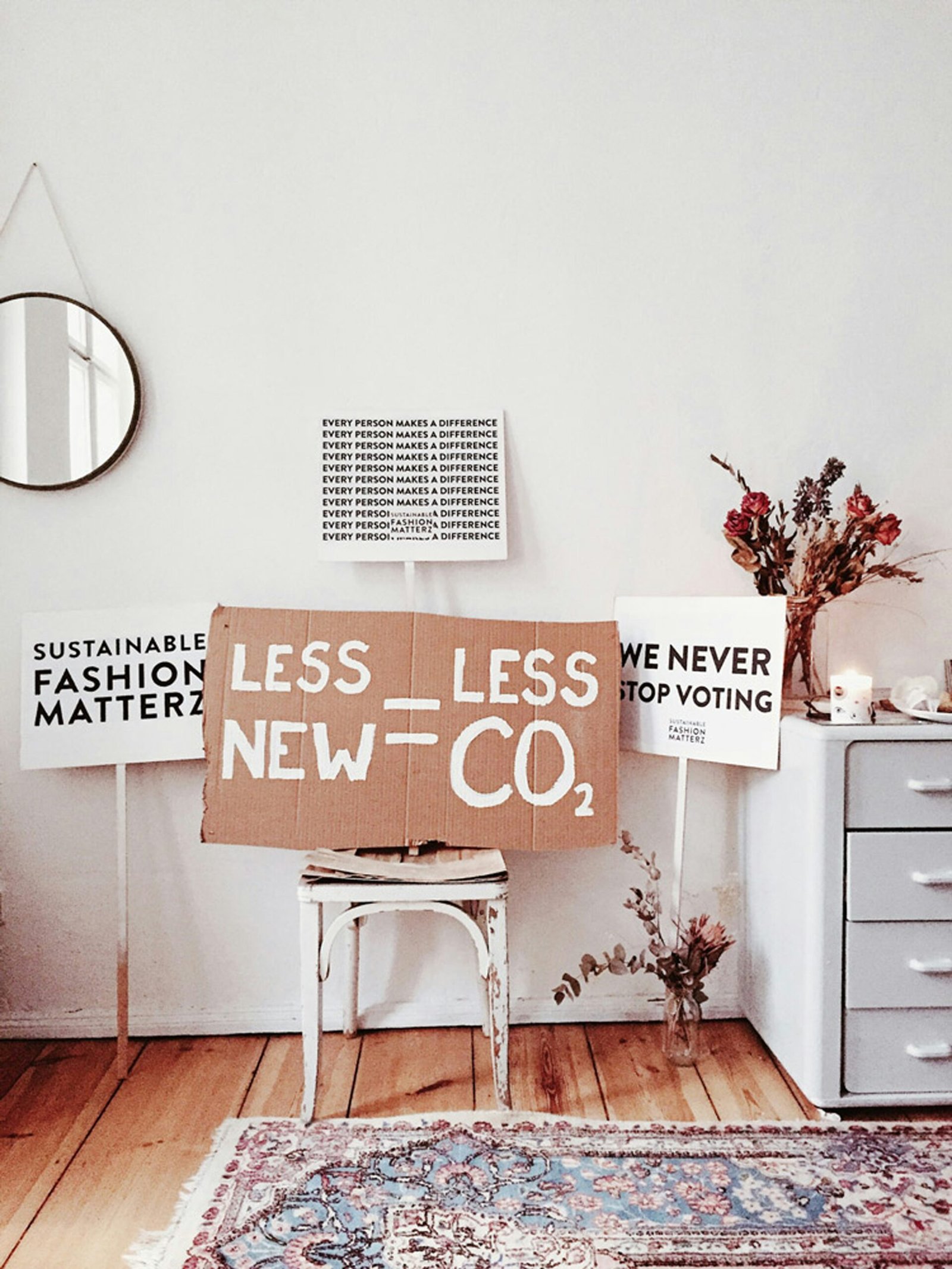In recent years, there has been a growing awareness and concern about the environmental and social impact of the fashion industry. As a result, sustainable fashion has emerged as a popular movement, promoting clothing choices that are both stylish and conscious. This article will explore the concept of sustainable fashion, its benefits, and provide practical tips for making more sustainable clothing choices.
Understanding Sustainable Fashion
Sustainable fashion, also known as eco-fashion or ethical fashion, refers to clothing that is designed, produced, and consumed in a way that is environmentally friendly and socially responsible. It takes into consideration the entire lifecycle of a garment, from the sourcing of materials to its disposal. Sustainable fashion aims to minimize the negative impact on the environment and promote fair labor practices within the industry.
There are several key principles that define sustainable fashion. These include using organic and natural materials, reducing waste and pollution, promoting fair trade and ethical labor practices, and embracing circular economy models. By adhering to these principles, sustainable fashion seeks to create a more sustainable and equitable fashion industry.
The Benefits of Sustainable Fashion
Sustainable fashion offers numerous benefits, both for individuals and the planet. Firstly, it helps to reduce the carbon footprint of the fashion industry, which is known to be one of the most polluting industries in the world. By choosing sustainable clothing, individuals can contribute to the reduction of greenhouse gas emissions and the preservation of natural resources.
Secondly, sustainable fashion promotes ethical labor practices. Many conventional fashion brands rely on cheap labor and unsafe working conditions in order to produce clothing at low costs. By supporting sustainable fashion brands that prioritize fair trade and ethical labor practices, consumers can help improve the lives of garment workers and promote social justice.
Lastly, sustainable fashion encourages creativity and individuality. It challenges the notion of fast fashion and promotes a more mindful and intentional approach to clothing choices. By investing in high-quality, timeless pieces, individuals can build a wardrobe that reflects their personal style and values, rather than being dictated by short-lived trends.
Practical Tips for Sustainable Fashion
Making more sustainable clothing choices doesn’t have to be overwhelming. Here are some practical tips to help you incorporate sustainable fashion into your lifestyle:
1. Choose Quality Over Quantity
Invest in well-made, durable clothing that will last longer. Avoid fast fashion brands that produce cheap, disposable clothing.
2. Embrace Second-Hand Shopping: Explore thrift stores, consignment shops, and online platforms for pre-loved clothing. Not only will you find unique pieces, but you’ll also reduce the demand for new clothing production.
3. Opt for Natural and Organic Fabrics: Look for clothing made from organic cotton, linen, hemp, or bamboo. These materials are grown without harmful pesticides and are biodegradable.
4. Support Sustainable Fashion Brands: Research and choose brands that prioritize sustainability and transparency in their production processes. Look for certifications such as Fair Trade, GOTS, or B Corp.
5. Take Care of Your Clothes: Extend the lifespan of your garments by following proper care instructions. Wash them less frequently, use eco-friendly detergents, and mend any minor damages.
6. Rent or Borrow: For special occasions or one-time events, consider renting or borrowing clothing instead of buying something new.
7. Repurpose and Upcycle: Get creative and find new uses for old clothing. Turn a worn-out t-shirt into a reusable shopping bag or transform an old pair of jeans into shorts.
8. Donate or Sell Unwanted Clothing: Instead of throwing away clothing you no longer wear, donate it to charity or sell it to someone who will appreciate it.
Conclusion
Sustainable fashion is not just a passing trend; it is a necessary shift towards a more responsible and conscious way of dressing. By making more sustainable clothing choices, we can contribute to a cleaner environment, fairer labor conditions, and a more authentic expression of personal style. Let’s embrace sustainable fashion and create a better future for the fashion industry and the planet.


